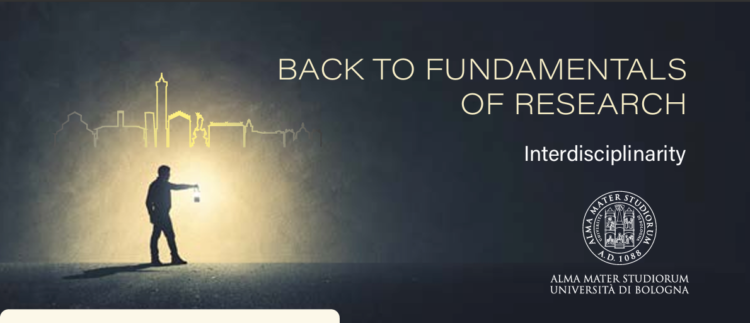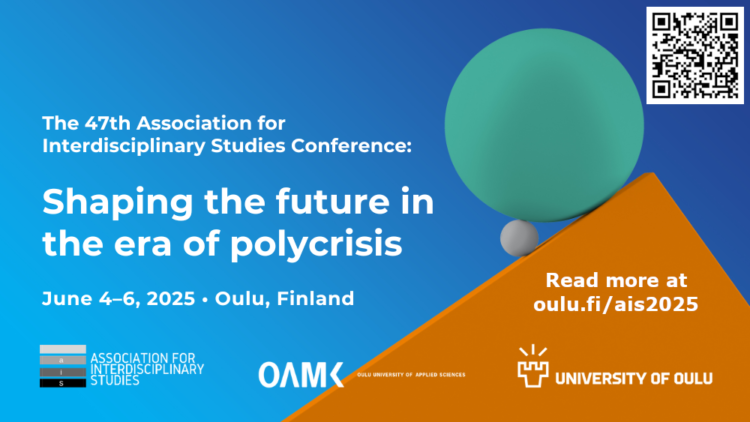SHAPE-ID member Prof Catherine Lyall was a keynote speaker at the University of Bologna's international…
How to undertake interdisciplinary cooperation with the humanities and social sciences

One of the final events of SHAPE-ID took place in Poland on the 28th of October 2021, where the Instytut Badań Literackich Polskiej Akademii Nauk (IBLPAN) team shared the project outcomes and insights on interdisciplinary cooperation between digital humanities and cultural heritage.
The humanities and social sciences are an indispensable component of inter- and transdisciplinary research. The European Commission emphasizes their special role in the missions of the European Union . Many Horizon Europe competitions must consider and describe the role of HS science in the project, even if it relates to other fields. In Polish science, under the third evaluation criterion , we try to show the social impact of the sciences of HS, which is often less direct and more difficult to perceive than in the case of exact sciences.
Researchers wishing to collaborate with another discipline often face a number of problems: how to establish cooperation and find a common language across discipline boundaries, where to obtain funding, or in which journal to publish the results. Moreover, research institutions do not always know how to support such cooperation and create conditions for its development. Finally, institutions that finance and manage science have difficulties with matching the grant offer and the principles of evaluating the results of cross-domain research. The two-year SHAPE-ID project dealt with the analysis of these difficulties and the search for and solutions(Shaping interdisciplinary practices in Europe), researching interdisciplinary practices in Europe and talking to representatives of target groups from different countries.



